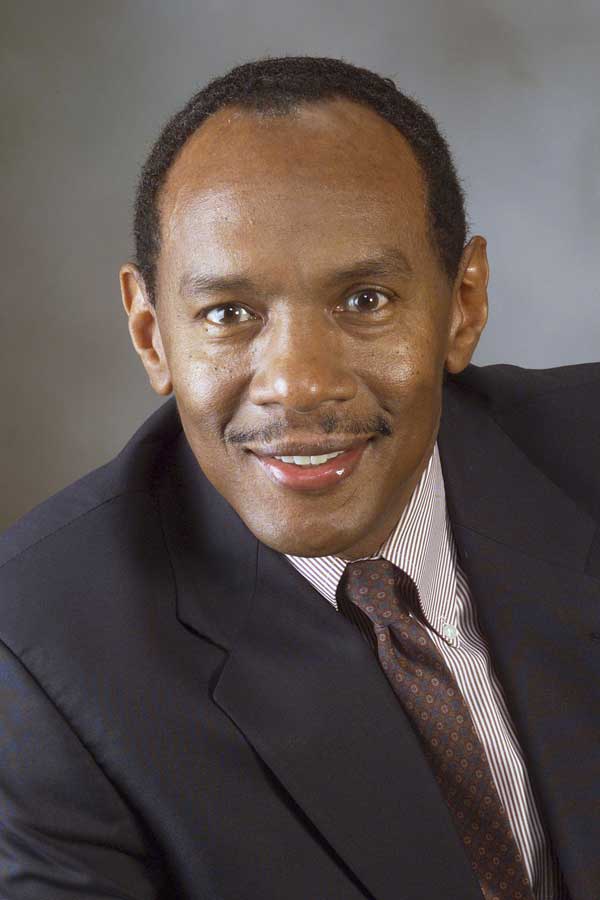University researcher says wildfires, posttraumatic stress disorder related

While the wildfires that destroyed more than 2,000 homes in southern California recently have been almost completely contained, the emotional effects of the devastation will linger for months or even years to come.
A Virginia Tech psychologist said research showed that some individuals who experience a residential or wildfire do develop posttraumatic stress disorder (PTSD), depression and distress.
Russell Jones, a professor in the psychology department in the university’s College of Science, said levels of post traumatic symptoms were significantly higher among those who had a higher level of personal loss resulting from a fire.
“Recent studies have suggested a link between fire disaster and PTSD-related psychological distress,” said Russell Jones, an expert in fire-related trauma, especially in children. “One study of 9th graders who had experienced severe wildfires in central Florida showed that there were relationships among exposure and loss, how well a child was coping, and the coping strategies that were being used. The level and extent of outreach and follow-up with survivors is especially critical where multiple homes or communities are destroyed.”
In a related issue, Jones said the recent fire in a North Carolina beach house that took the lives of seven college students will likely cause significant PTSD and depression among survivors because of the number of death and the ways the individuals died.
“Survivors of the beach house fire are likely to experience traumatic loss, which often interferes with the grieving process,” Jones said. “This makes the recovery period even more distressing and extended.”
Jones is a nationally recognized expert in disaster-related trauma in children and has studied the influence of major technological and natural disasters on children’s functioning for more than 20 years. As a consultant with the Disaster Technical Assistance Center, part of the National Substance Abuse and Mental Health Services Administration, Jones made numerous trips to the Gulf Coast to assist in disaster relief efforts after Hurricane Katrina and is a member of the Hurricane Katrina Community Advisory Group that is studying the impact of the storm on children and adults. Jones has recently presented at a Congressional briefing on the psychological impact of Katrina and serves on several national task forces, and continues to serve as consultant to the White House on trauma-related issues.
About the College of Science
The College of Science at Virginia Tech gives students a comprehensive foundation in the scientific method. Outstanding faculty members teach courses and conduct research in biology, chemistry, economics, geosciences, mathematics, physics, psychology, and statistics. The college is dedicated to fostering a research intensive environment and offers programs in many cutting edge areas, including those in nanotechnology, biological sciences, information theory and science, and supports the university’s research initiatives through the Institute for Critical Technologies and Applied Sciences, and the Institute for Biomedical and Public Health Sciences. The College of Science also houses programs in intellectual property law and pre-medicine.



.jpg.transform/m-medium/image.jpg)
